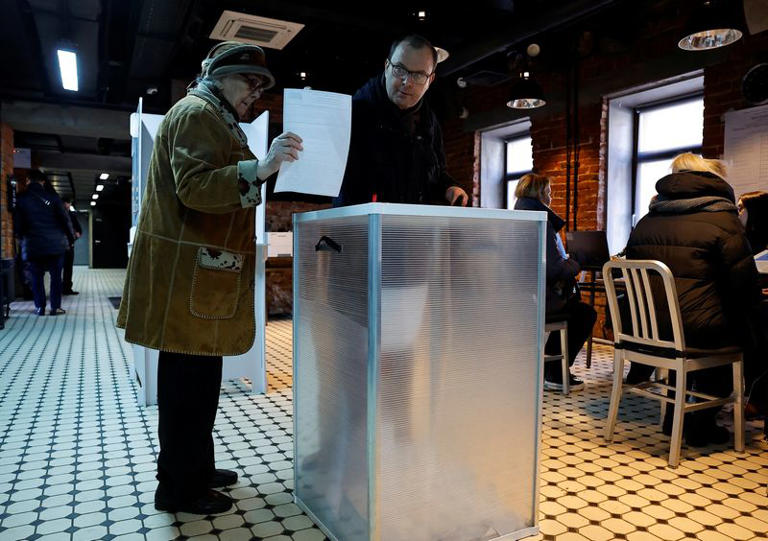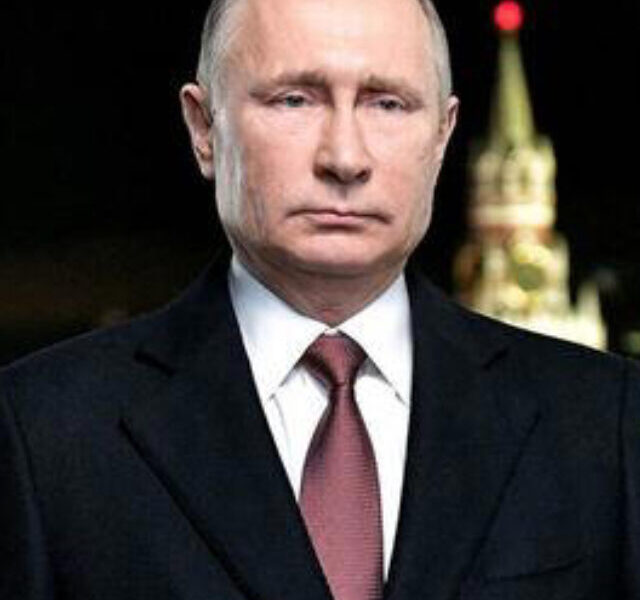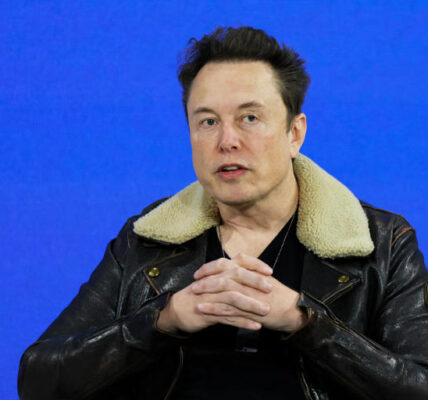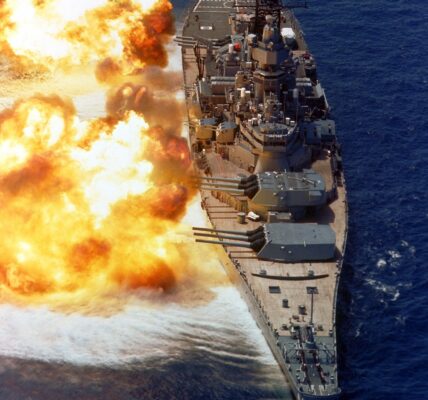Understanding the Russian Presidential Election: Putin’s Reign Continues
Explore the dynamics of the Russian presidential election as Vladimir Putin seeks another term. Learn about the candidates, controversies, and implications for Russia’s political landscape.

Russian Presidential Election
The Russian presidential election is underway, drawing attention both domestically and internationally. At the forefront is Vladimir Putin, whose potential re-election promises to extend his rule for another six years. Let’s delve into the intricacies of this significant political event.
Vladimir Putin: A Dominant Figure
Since assuming power in 1999, first as president and then as prime minister, Putin has wielded considerable influence. His leadership is often characterized by a firm stance against perceived threats to Russia’s sovereignty and stability, both internally and externally.
Limited Opposition
Despite occasional dissent and criticism, Putin’s grip on power remains unchallenged. In the current election, none of the other candidates pose a credible threat to his incumbency. The absence of viable opposition figures has raised concerns about the fairness and legitimacy of the electoral process.
Controversies Surrounding the Election
The lead-up to the election has been marred by controversy. The sudden death of prominent opposition figure Alexei Navalny, along with the exclusion of other anti-war candidates, has sparked outcry both within Russia and abroad. Critics argue that these developments undermine the democratic principles of free and fair elections.

Ukraine’s Dispute
Adding to the complexity of the election is Ukraine’s dispute over the inclusion of certain regions in the voting process. Moscow’s assertion of control over these territories, despite objections from Ukraine, further complicates an already contentious situation. The international community closely watches this aspect of the election, wary of its potential implications for regional stability.
The “Noon Against Putin” Movement
In response to perceived electoral injustices, supporters of Alexei Navalny have organized the “Noon Against Putin” movement. This coordinated protest aims to demonstrate opposition to Putin’s rule while avoiding the risk of arrest. By encouraging citizens to vote simultaneously across the country’s time zones, organizers hope to amplify their message of dissent.
Implications of Putin’s Potential Re-Election
If Vladimir Putin secures another term, he will surpass Soviet leader Josef Stalin as Russia’s longest-serving ruler since Catherine the Great. This prospect raises questions about the consolidation of power and the trajectory of Russian politics in the years to come. Additionally, constitutional changes approved in 2020 could pave the way for Putin to extend his rule beyond 2036, further entrenching his influence.

Looking Ahead
As the Russian presidential election unfolds, it serves as a focal point for examining the state of democracy, political participation, and governance in Russia. The outcome will undoubtedly have ramifications for the country’s domestic landscape and its relationships with the international community. Observers around the world await the results with keen interest, mindful of the broader implications for global geopolitics.
Conclusion
The Russian presidential election represents a pivotal moment in the nation’s political history. With Vladimir Putin poised to secure another term, questions abound regarding the state of democracy and governance in Russia. Amidst controversies and challenges, the electoral process serves as a barometer of the country’s political climate and its trajectory in the years ahead. As the world watches, the outcome of the election will reverberate far beyond Russia’s borders, shaping regional dynamics and global relations for years to come.ALSO READ:
https://cypranetnewsuk.com/web-stories/escalating-tensions-in-europe-7-explosive-developments/



